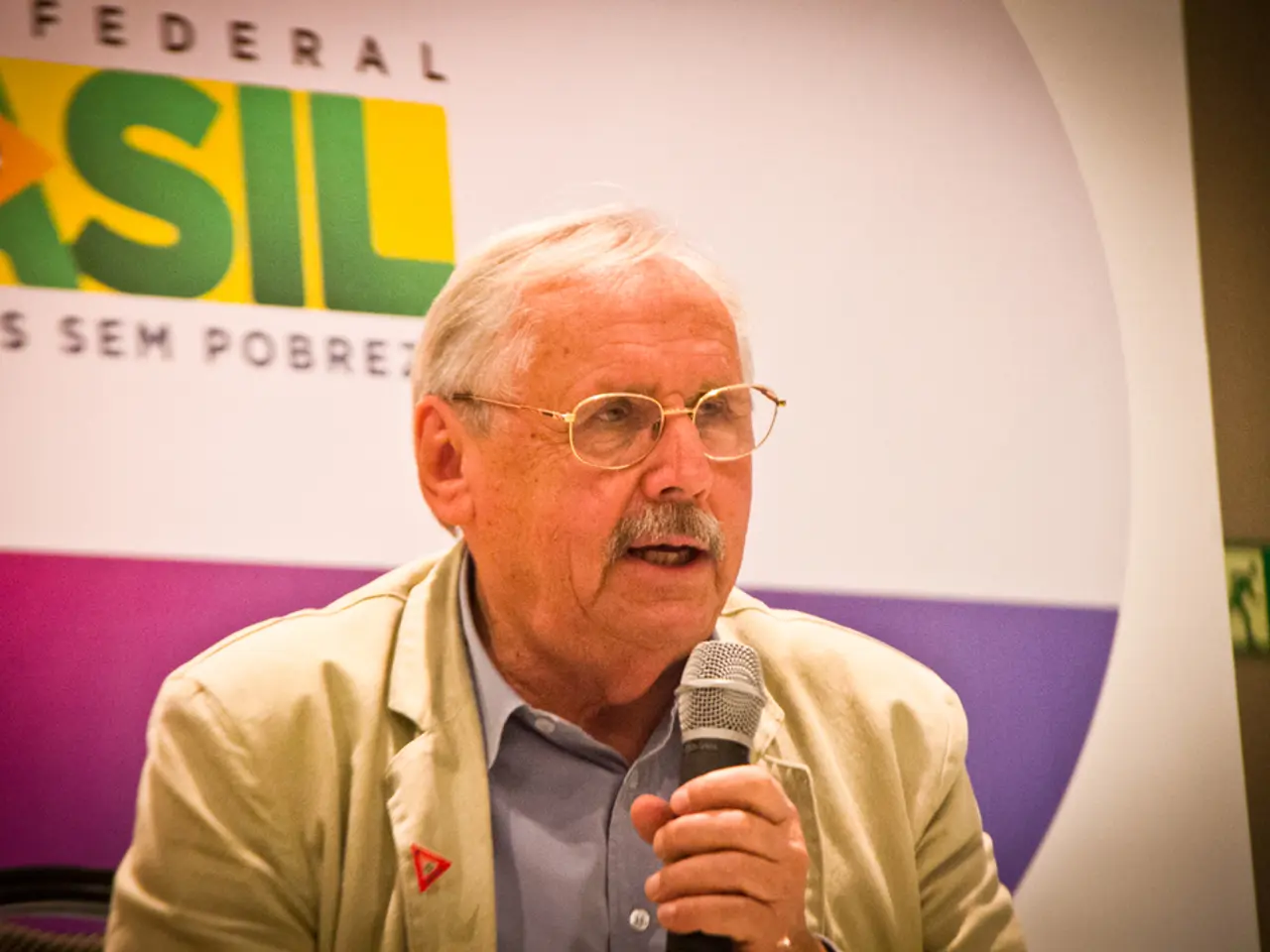Federal authority takeover of Washington police by Trump, with the National Guard also being activated
In a recent announcement, President Donald Trump declared his intention to take over Washington's police department, aiming to combat rising crime in the city. However, this move faces significant legal and political hurdles due to the unique status of Washington, D.C. under the District of Columbia Home Rule Act.
The Home Rule Act grants the District government—led by the elected Mayor—authority over local law enforcement, limiting federal intervention. As a result, President Trump does not have legal authority to unilaterally take over Washington, D.C.'s Metropolitan Police Department (MPD) or directly control its police chief.
Regarding activating the National Guard in D.C., the President can federalize the D.C. National Guard under certain federal statutes and executive authorities without the District Mayor’s consent. However, this power is subject to legal constraints and political controversy, and the use of federal forces for local law enforcement is strictly regulated.
President Trump signed a directive for Defense Secretary Pete Hegseth to activate the National Guard, with about 500 federal law enforcement officers being tasked to deploy throughout Washington. However, Mayor Bowser cannot activate the National Guard herself; she can only submit a request to the Pentagon.
Recent developments have illustrated these limitations and implications. On August 11, 2025, President Trump declared a "crime emergency" in D.C., citing the Home Rule Act (Section 740) and his constitutional authority. This declaration provides some federal authority for involvement but does not amount to a full takeover or direct presidential command over the MPD.
This declaration prompted immediate legal pushback. On August 15, 2025, the D.C. Attorney General sued the federal government to block what was characterized as a federal takeover of the MPD, citing defense of D.C.’s Home Rule and local autonomy. This lawsuit highlights legal resistance enforcing the limits on federal authority over local police.
Amidst and after this controversy, the White House reportedly backed off efforts to replace or control the MPD police chief, signaling political and practical limits to federal interference in D.C.'s police leadership.
It is important to note that while violent crime in the district has seen a decrease, with homicides, robberies, and burglaries down this year compared to 2024, Mayor Bowser has questioned the effectiveness of using the National Guard to enforce city laws and has suggested funding more prosecutors or filling the vacancies on the D.C. Superior Court as more helpful alternatives.
In summary, attempts to take over the MPD or control its chief, activate the National Guard, or declare a "crime emergency" face constitutional, statutory, and political challenges because they encroach on D.C.'s self-government rights and raise concerns about federal overreach in the nation’s capital.
Read also:
- Daily Perspectives on Donald Trump's Presidency
- Tawee replaced by Chusak in charge of DSI's operations
- Texas Department of Public Safety establishes hotline to locate Democrats who abandoned the state during redistricting controversy
- Trump's politically-motivated seizure of DC authorities was allegedly instigated by a perceived attack on a former DOGE employee and his personal observations of homelessness, according to Trump's supporters.








